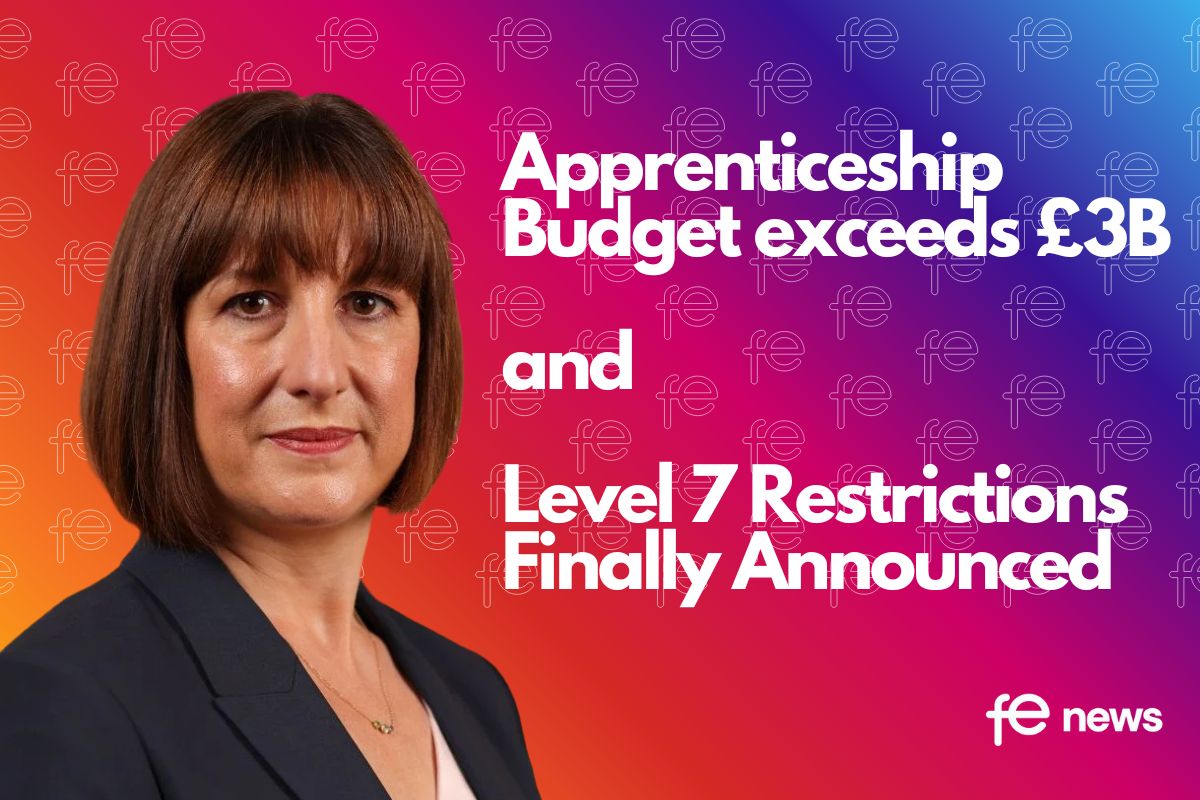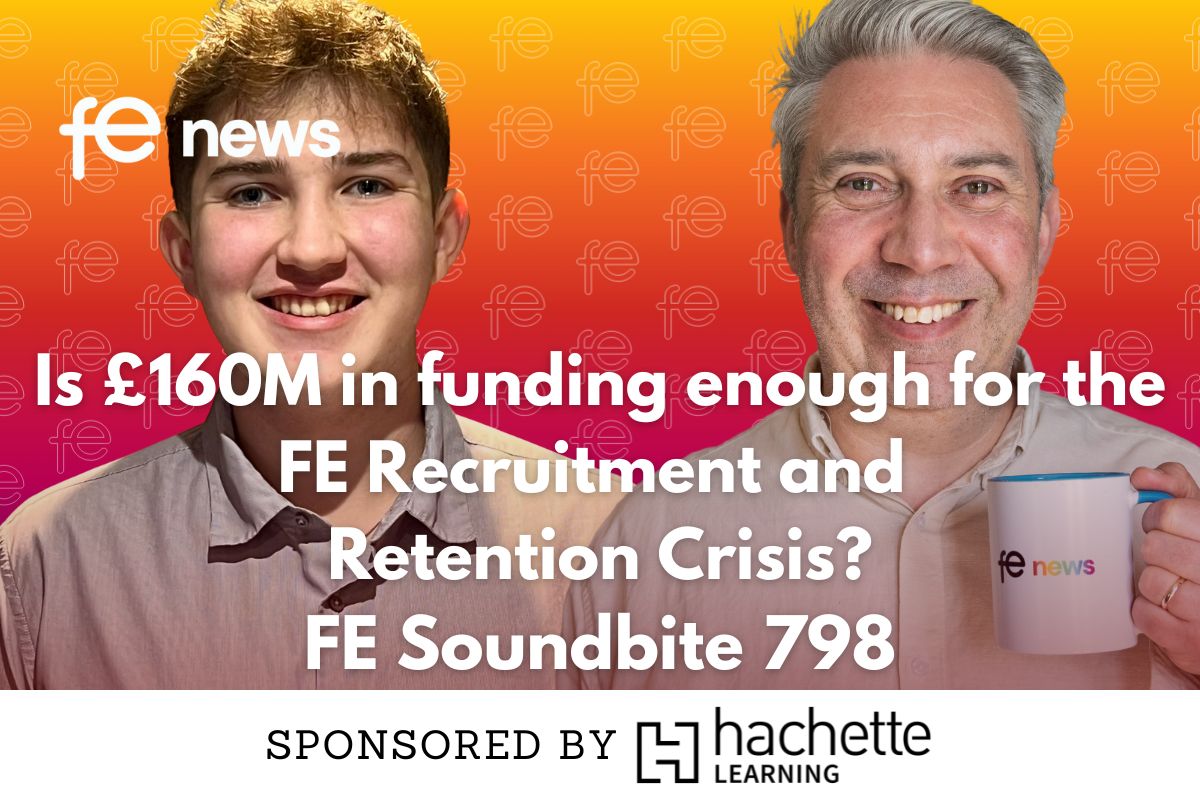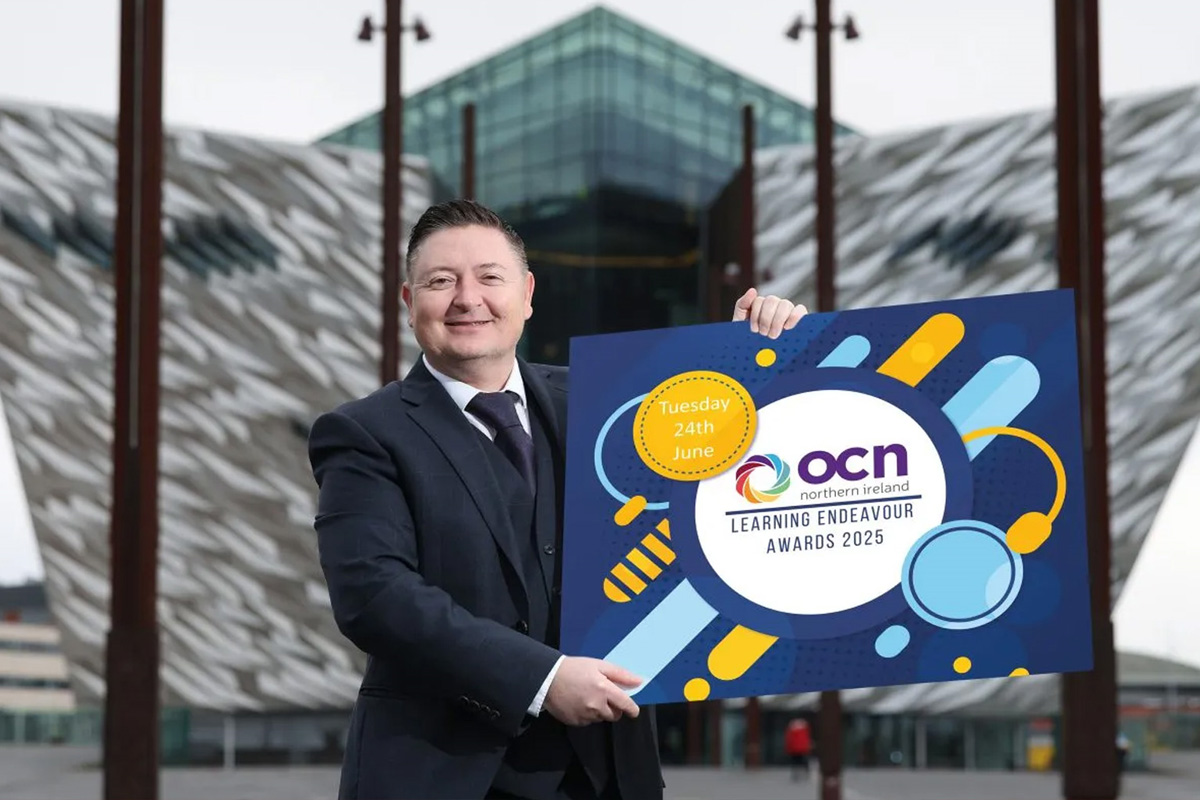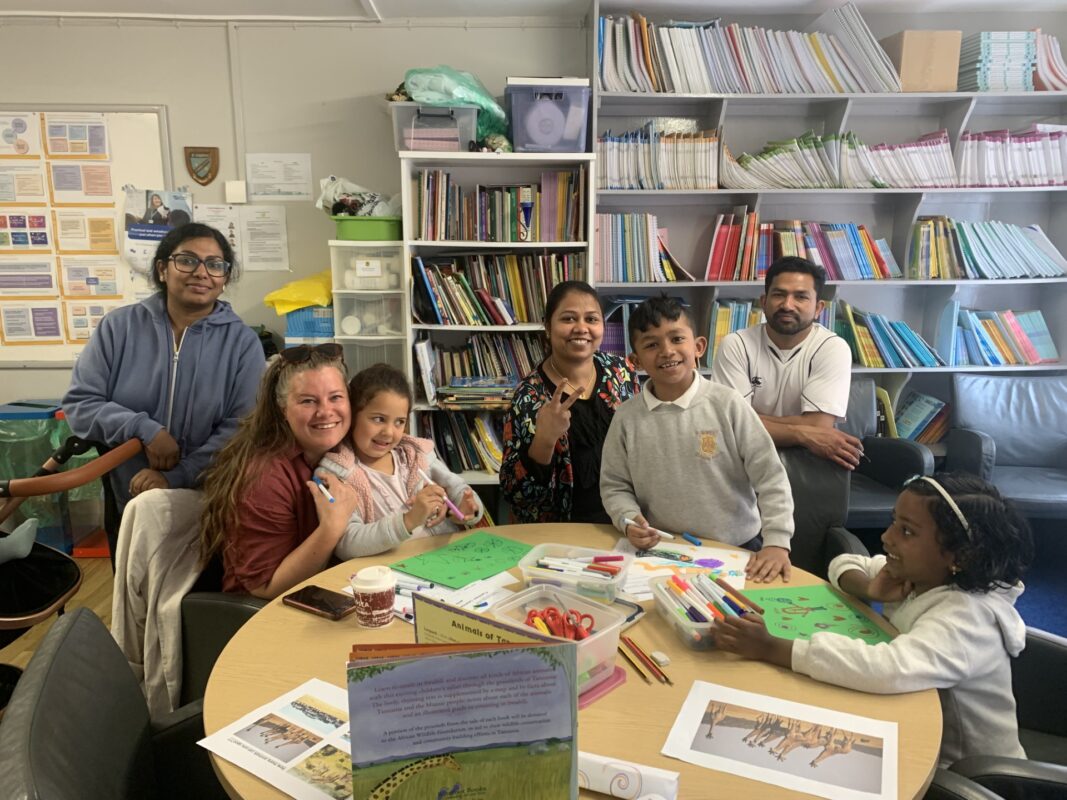Careers support for young people in England: quality matters

The quality of careers support for young people, teachers and parents matters. It matters because people should be able to expect person-centred services that are trustworthy, effective, and responsive to their specific needs. This should be supported by good leadership and sustained by good use of resources.
Career guidance from trustworthy sources can positively transform people’s lives. It can help people to make smooth transitions and good decisions, improve their wellbeing and bring positive social and economic outcomes for individuals, communities, and the economy. High-quality careers information, advice and guidance enables people to manage their own needs and to create a livelihood – even when they face challenges because of their circumstances.
Within education systems and local communities, careers information, advice and guidance (CIAG) plays a central role in supporting lifelong learning and the development of human resources to support national and individual economic growth. In recent years, careers education and career guidance has been changing.
New expectations of schools and colleges introduced in the education sector have been underpinned by the Careers and Enterprise Company (strategic focus) Gatsby benchmarks (implementation principles) and Ofsted requirements (inspection framework). In essence schools must establish an in-school careers eco-system and annual plans based on learners’ needs. But over the last decade the system has struggled despite best efforts.
Today a new report by the Sutton Trust highlights:
- 36% – Over a third of secondary pupils are not confident on their next steps in education and training.
- 37% – More than a third of state school senior leaders report not having enough funding for careers guidance.
- 30% – The proportion of students in year 13 who have completed work experience.
Whilst the policy landscape has changed considerably, relatively little is known about how changes are being monitored and implemented on the ground.
For example, much research and data available does not systematically track the careers education, information, advice and career guidance process offered to young people and parents – from actual provision and utilisation into post-16 outcomes, particularly apprenticeship and technical education routes.
Since the introduction of the Baker Clause became a statutory requirement for external providers to have access to school pupils, compliance appears to be selective.
The Sutton Trust report shines the spotlight on a reality:
- Just under a third (32%) of teachers in state schools report they don’t have enough funding to deliver good quality careers education and guidance, compared to just 6% saying the same in private schools.
- Schools in more deprived areas are also less likely to have access to a specialist careers advisor, with 21% of teachers in the most deprived areas reporting non-specialists delivered personal guidance, compared to 14% in more affluent areas.
Other earlier research e.g., The Big Careers Conversation in England (2021) and YEUK (Census 2021) findings broadly align with this conclusion. Therefore, it is perhaps not surprising that quality is variable. While there are many good services, there is also some unacceptable and inequitable arrangements, which has a profound impact on people missing out on careers support and undermines public confidence in the current arrangements as a whole. Clearly, schools are still hugely impacted by Covid and can benefit from additional specialist support.

As Geoff Barton, General Secretary of ASCL states:
“Most educators…accept the necessity of having a system for externally checking standards in an important public service responsible for teaching and safeguarding the nation’s children and young people.“
Quality assurance matters within a self-assessment and continuous improvement – combined with external quality standards of excellence and inspection. Quality standards provide a ‘safe place’ for internal review and external feedback. When funding is scarce these can easily fall by the wayside. This is not a simple problem.
Organisations providing information, advice and guidance (IAG) in a wide range of education, training provision and other community settings have made a shared commitment to high-quality, person-centred IAG support for young people (and adults). They want to promote the best quality experience and outcomes, as evidenced through the DfE-owned matrix Standard and other quality standards.
We can address these challenges only by working together with people who use careers support services and across organisations, locally and nationally. We must build on the effective and innovative work already happening in many places to establish a coherent and shared commitment to improving the quality of careers information, advice and guidance.
A renewed focus on quality matters, including how best to reignite leadership and interest in this topic. There is a gap in quality in careers support for young people – a gap that will widen if we do not take practical action to close it.
Dr Deirdre Hughes OBE, Director, DMH Associates, CareerChat Ltd, and Chair of the matrix Standard Formal Review
The views in this article are solely those of the author and do not reflect any government policy or other organisational viewpoint outside of DMH Associates.
The matrix Standard, owned by the Department for Education, managed by The Growth Company, is currently being future proofed for the next decade.
Lord Iain Mc Nichol and Dr Deirdre Hughes, on behalf of Dev Clever, will be co-hosting an invitational event in the House of Lords in March 2021 to discuss careers education and career guidance in England.











Responses